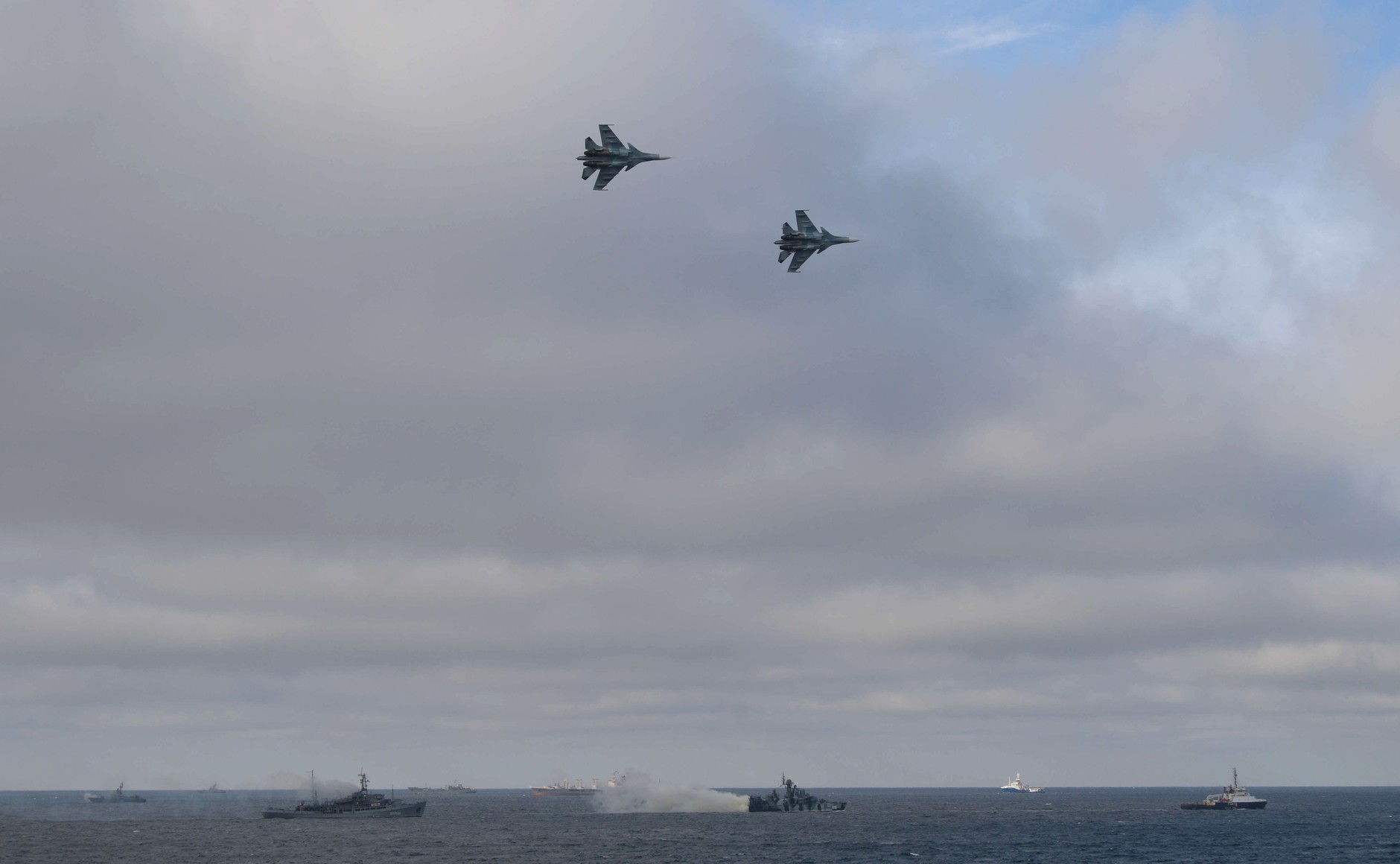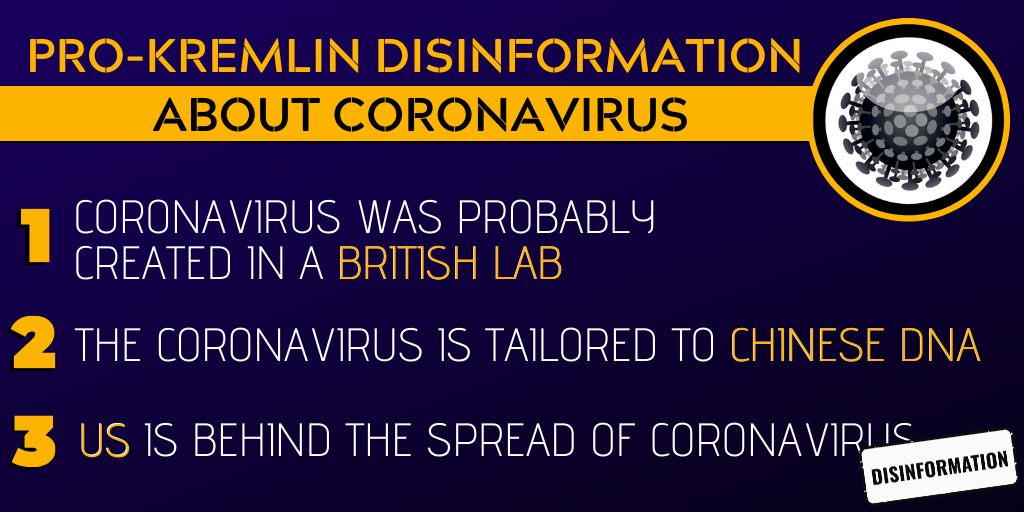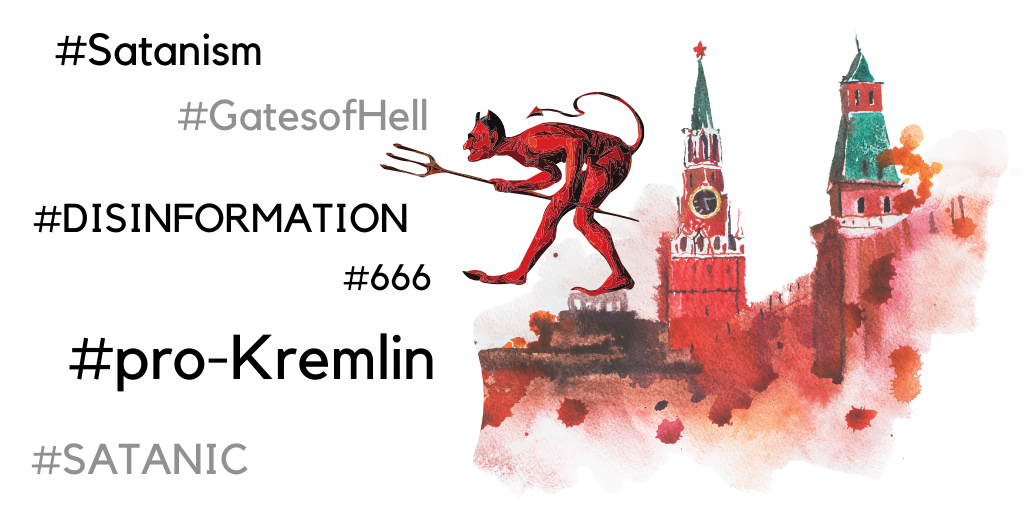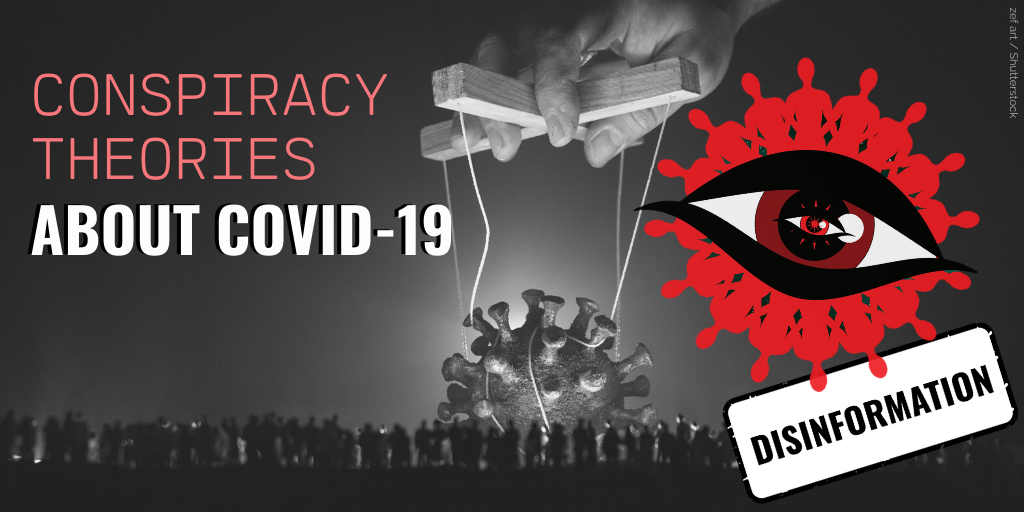Moscow may be unlikely to launch any major new offensive against Ukraine while the pandemic is going on, Oleksandr Danilyuk, former advisor to the Ukrainian defense minister and now head of Kyiv’s Center for Defense Reforms, says; but it has in no way ended or even significantly eased its “hybrid” war against his country.
In Crimea, he says, the Russian occupiers are trying to protect the 30,000 Russian troops stationed there from the coronavirus but not the local population. That means it is seeking to ensure that it has an offensive capability given that Kyiv has no possibility of recovering its territory by military means.
At the same time, Danilyuk points out, given the pandemic, Moscow has not been able to increase the number of its forces on the Ukrainian peninsula and has even for the moment cut back on its propaganda about Kyiv’s need to make concessions on water and other issues. That doesn’t point to a softening of Moscow’s position.
But if it hasn’t increased troop levels there, Moscow has expanded its military actions on the Black Sea, not to compete with other international players who are too strong for that but rather to try to end trade in Ukrainian ports, something that weakens Kyiv and gives Moscow additional leverage in Ukraine.
Russia’s “final goal” remains unchanged: the installation in Kyiv of a pro-Russian government under Moscow’s control, Danilyuk says. To that end, it is prepared to compromise the rights of Ukrainians on the occupied territories in terms of land ownership and put them at greater risk of infection from the pandemic.
The pandemic is having another effect which may prove even more dangerous to Moscow, however. Tourism in Crimea, already down since the occupation, is set to decline still further because of the pandemic. As a result, the level of anger among its people is growing, in much the same way as in the Russian Federation.
So far, this has not manifested itself much in action. People feel they have no alternative but to put up with the existing order of things, the military analyst says. But that may be changing given that Crimea is now under Russian rather than Ukrainian administration and thus more affected by developments in Russia.
Ukraine before the occupation had no tradition of extremist organizations, he says; but in Russia, “there were always national Bolsheviks, extra-systemic rightwing groups, and in a word people who under conditions of frustration and deprivation do not see any way out for them except political extremism.”
Now, Danilyuk concludes, “this trend may affect [Russian-occupied] Crimea as well.”
Read More:
- Kremlin employs Cossacks, Moscow Patriarchate in Ukraine against Kyiv
- Defiant Moscow Patriarchate in Ukraine calls faithful to church for Easter
- Prisoner exchange between Ukraine and Russian occupation authorities in Donbas underway – PHOTOS
- Ukrainian army now fights not only Russian proxies in Donbas, but also spread of COVID
- Moscow creates new ‘Cossack’ paramilitary units for possible use against Ukraine
- While nobody is watching, COVID-19 may allow Russia to crush Ukraine
- Putin created unit that blew up apartment blocks in 1999 a year ahead of time, Kruglov says
- Baltic intelligence agencies increasingly worry about threats from China in addition to Russia








